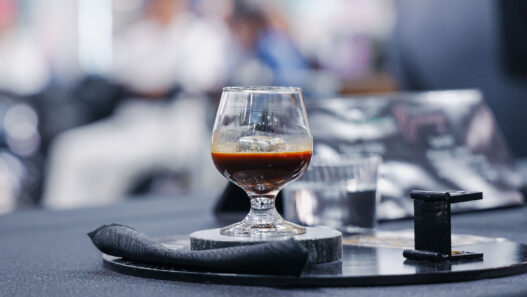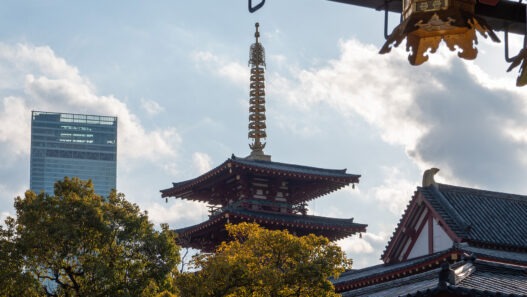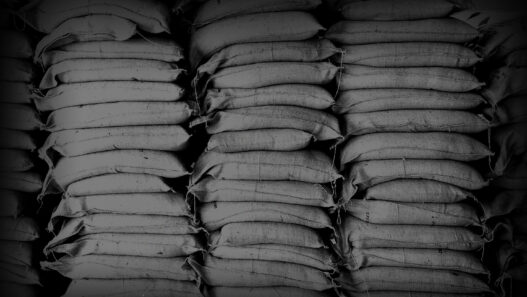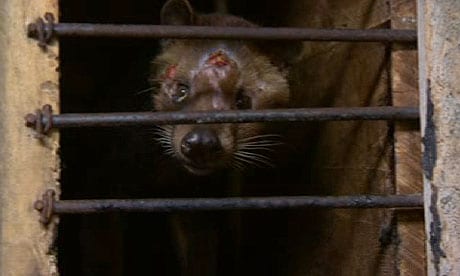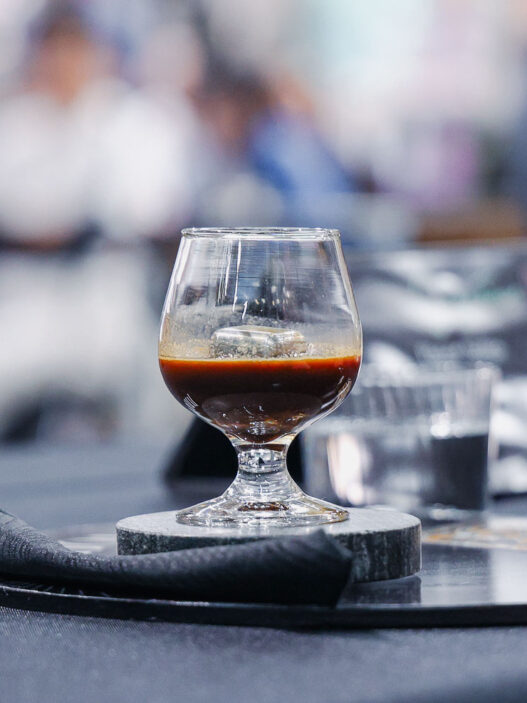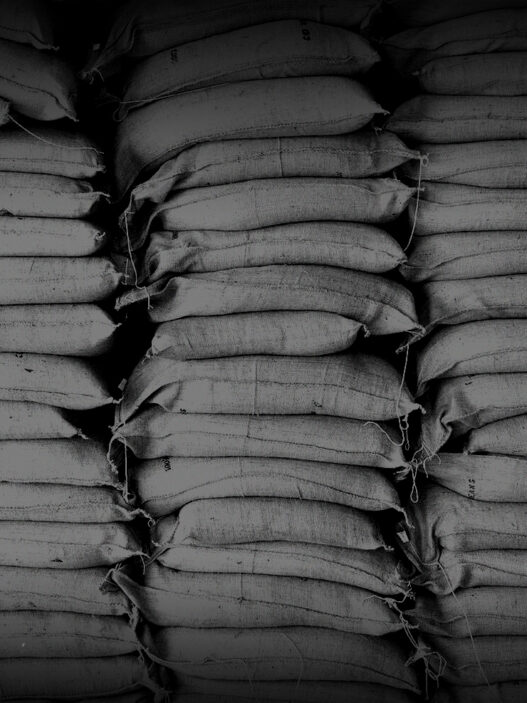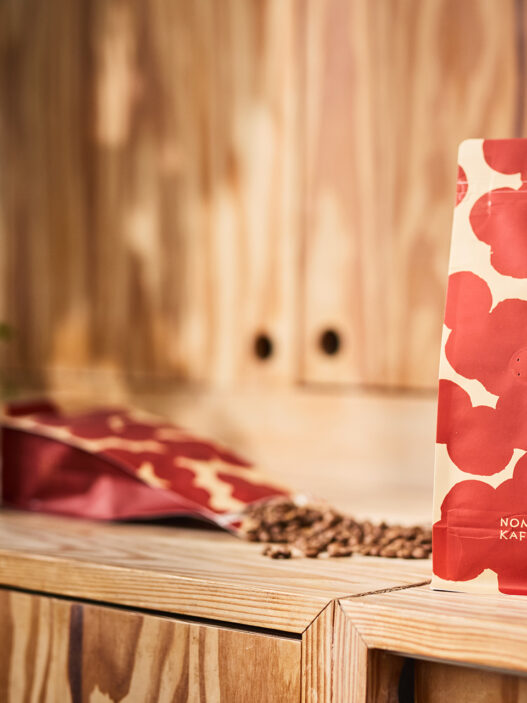The movement against kopi luwak just picked up a powerful new ally: Oliver Milman, a Melbourne-based journalist writing for UK giants The Guardian. This article published today and written by Mr. Milman amounts to a powerful indictment of kopi luwak and the practices used to obtain it. This feature pulls no punches in its denouncement of kopi luwak, from the headline – “World’s most expensive coffee tainted by ‘horrific’ civet abuse” – to the lede before the opening paragraph – “Asian palm civets are force-fed a debilitating diet of coffee berries to create Kopi Luwak, say animal welfare groups” – to the devastating photographs of caged, abused civets (see above). This is a powerful piece of mainstream journalism, and may well help to turn the tide against kopi luwak’s creeping popularity and social acceptance as a “luxury” item.
[Kopi luwak’s] high-end pricing and idiosyncratic origin mask the grim reality of the coffee’s production, which has morphed from a casual cottage industry for rural Indonesians to intensive farming.The Guardian visited a coffee shop in Medan, on the Indonesian island of Sumatra, where a female civet was kept in a cramped cage at the back of the premises. Her two young offspring were separated from her in a similarly small cage, with a further 20 cages hidden away from view on the shop’s roof.
Mr. Milman also interviews Chris Shepherd, of the global animal trafficking NGO Traffic:
“There is a high mortality rate and for some species of civet, there’s a real conservation risk. It’s spiralling out of control. But there’s not much public awareness of how it’s actually made. People need to be aware that tens of thousands of civets are being kept in these conditions. It would put people off their coffee if they knew.”
This all amounts to terrible press for the kopi luwak, and hopefully its effect is being felt back in the Guardian’s home city of London, where trampy Piccadilly nightclubs serve the stuff for 70 quid a cup. There’s just one more component to the argument we’d like to add.
Not only is kopi luwak an exploitative, literally disgusting fad that results in animal torture and financial dependence for coffee growers, the coffee produced in this method is absolutely nothing special at all in terms of flavor. Passing coffee cherries through the digestive tract of a palm civet does not actually produce delicious coffee. Delicious coffee is produced by a whole combination of factors, including careful agronomy practices, soil health, intentional sorting and drying methods, freshness, cross-continental shipping and storage methods, an obsessive amount of attention in the roasting process, and the use of good brewing practices (on clean equipment) in cafes and at home. The palm civet’s rectum does not trump any part of this process. Kopi luwak is pure gimmickry, a cruel and needless fad that does not live up to its claims.
We applaud The Observer and especially Oliver Milman for publishing this landmark feature. For more on why we think kopi luwak is awful, please read our “Just Say No To Kopi Luwak” feature from late last year – we’re proud to say it’s one of the most popular articles in the history of this website.
Luwak is lu-wack!










